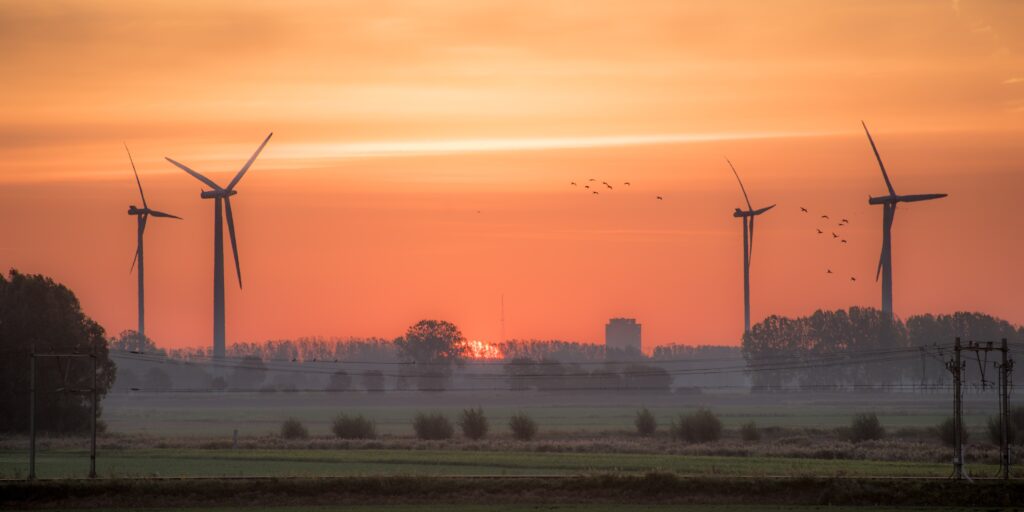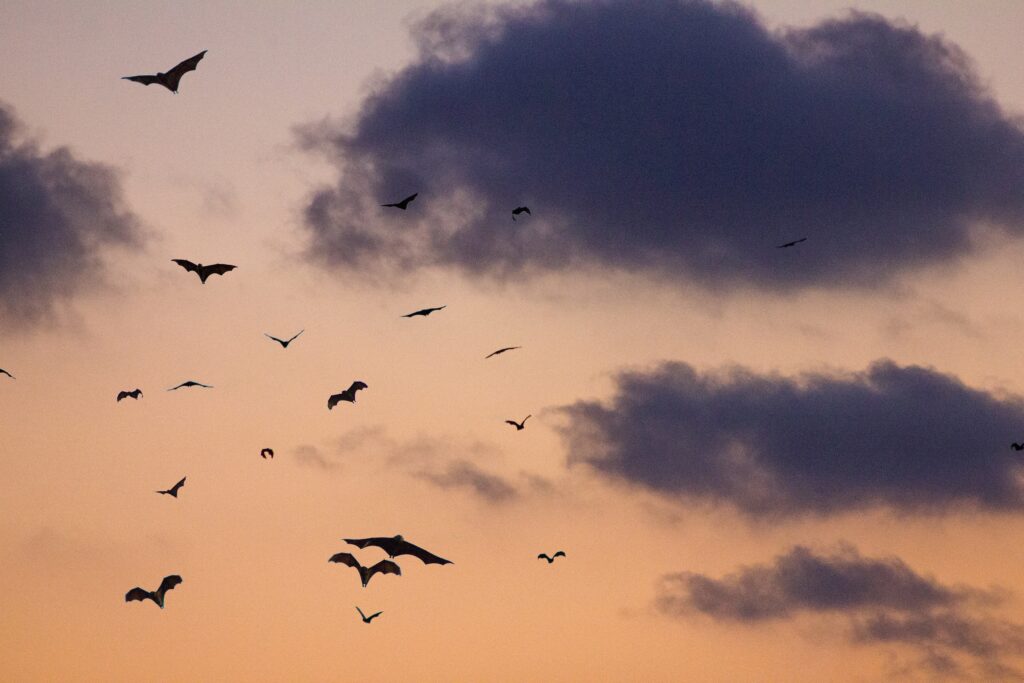Help us make green energy safe for birds
Make a donation
As a global Partnership, we believe in internationalism. We have translated as much content in your language as our resources allow. Please visit the English language site to view all of our content.

Climate change is one of the greatest threats facing people and biodiversity. And while renewable energy is among the best tools in our arsenal for addressing climate change and achieving the targets set in the Paris Climate Agreement, it can harm species and ecosystems if placed in wildlife sensitive areas.
Established in 2016 and coordinated by BirdLife, the Convention on Migratory Species (CMS) Energy Task Force works towards reconciling renewable energy development with the conservation of migratory species. The Energy Task Force provides a forum for discussing, developing and disseminating best practice policy and technical guidance, and engages a group of over 40 stakeholders, including governments, investors, scientists, the private sector, civil society, and multilateral actors.
What is the Convention on Migratory Species?
CMS, also known as the Bonn Convention, works for the conservation of a wide array of endangered migratory animals worldwide, engaging all relevant stakeholders through negotiation and implementation of agreements and species action plans.

“The best and cheapest way to ensure that wind turbines do not have an adverse impact on birds is to site them away from vulnerable species and major migration routes. BirdLife has led the way in developing spatial tools such as bird sensitivity maps that help identify areas to be avoided.”Tris Allinson, Senior Global Science Officer at BirdLife and member of the Task Force
How it works
Bringing together a wide range of stakeholders, the Energy Task Force facilitates the promotion and use of science-based and innovative renewable energy solutions that minimize their impact on biodiversity. We develop guidance and tools for sustainably deploying and retrofitting renewable energy infrastructure and powerlines, share knowledge and best practice, and address knowledge gaps through research.
Get involved
If you want to get involved in the Energy Task Force or have any questions, please get in touch with Harvey Rich ([email protected]).
How you can help
Make a donation
Join a worldwide community of people who care about birds and conservation